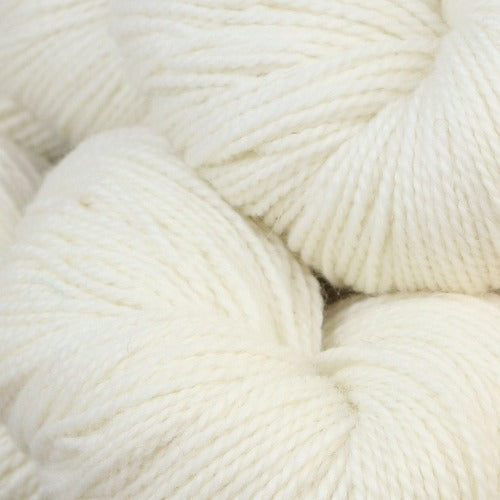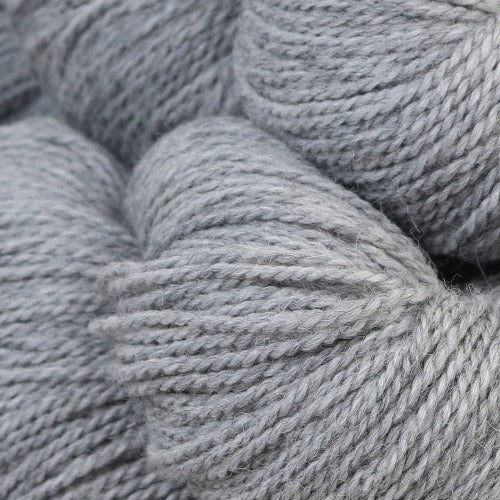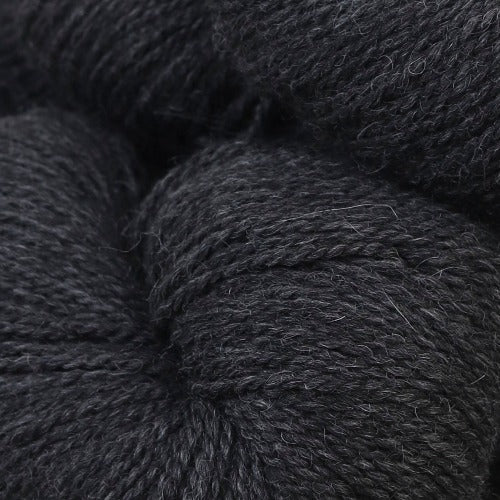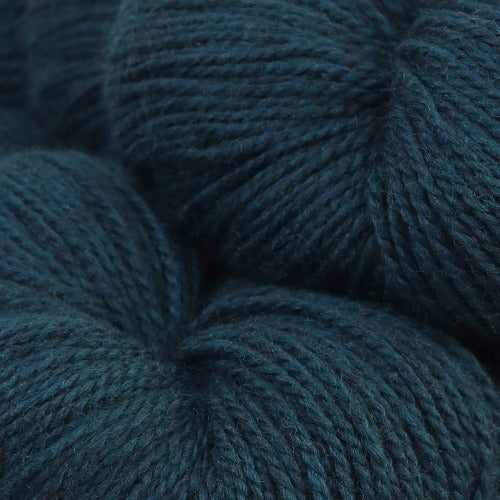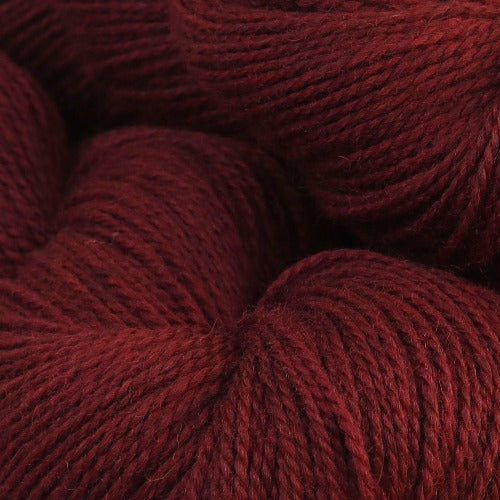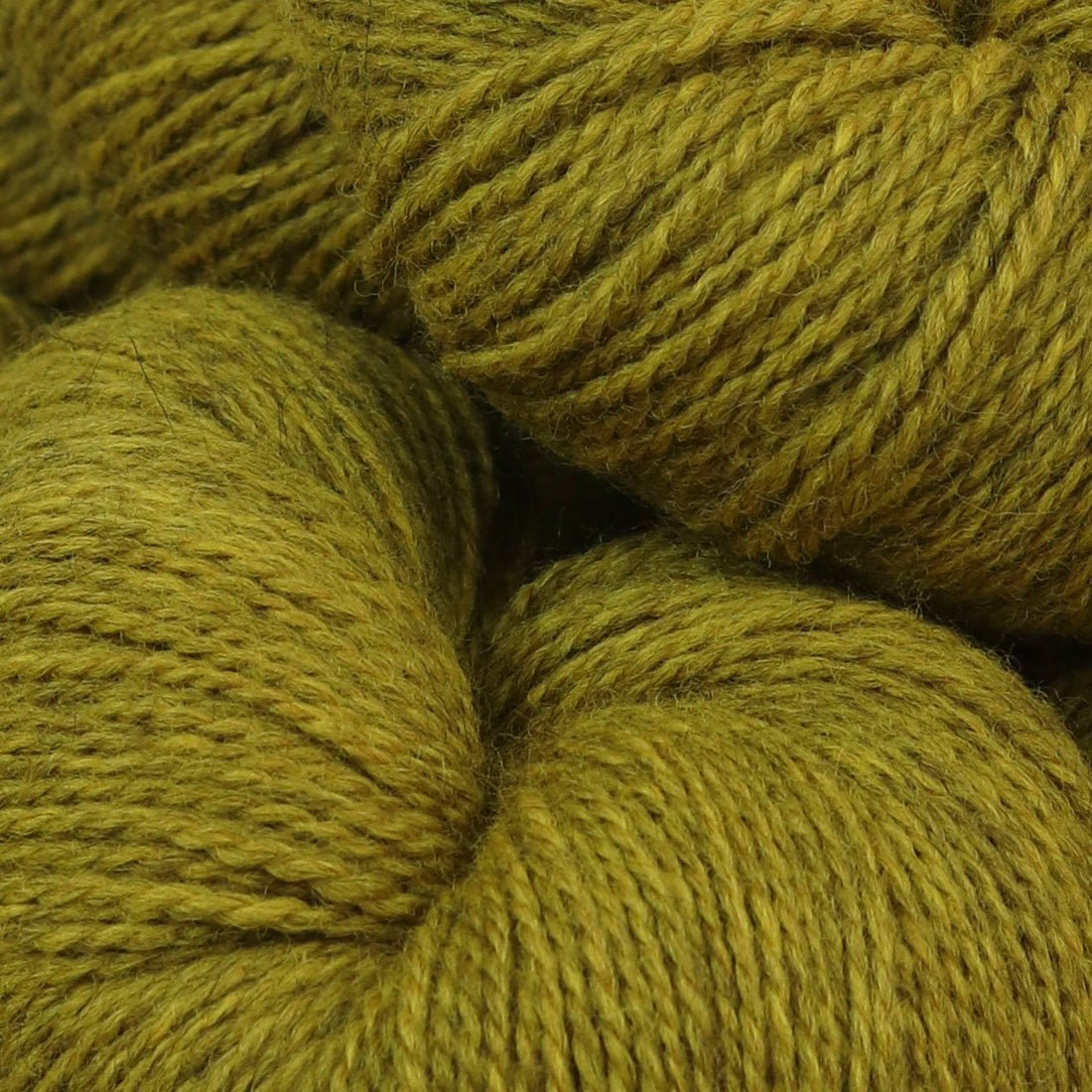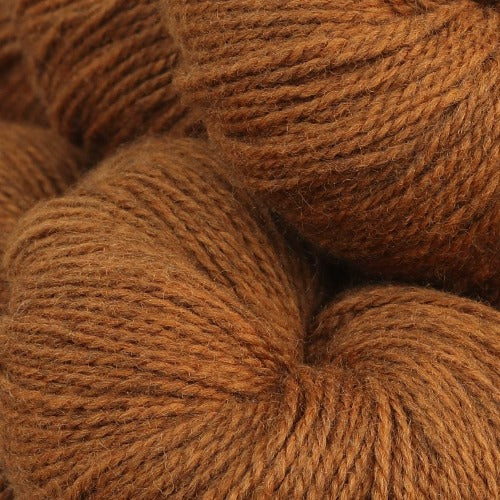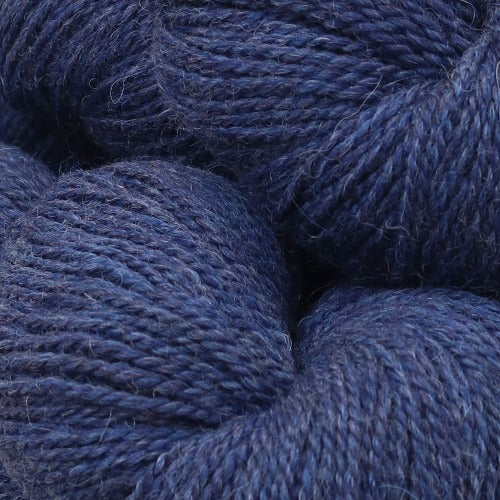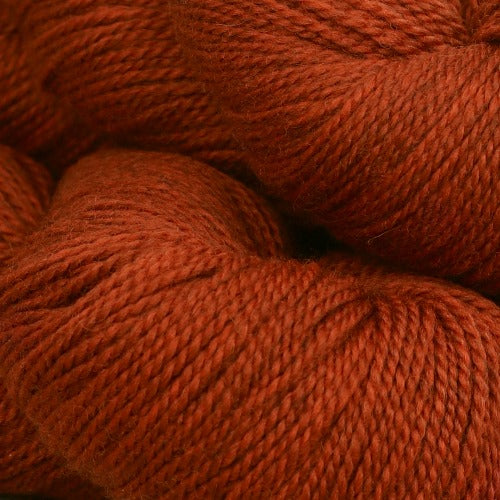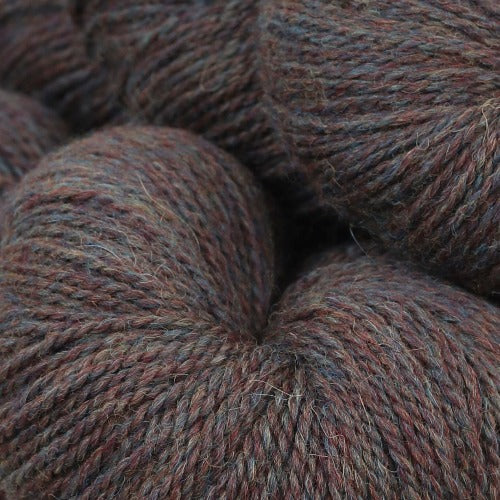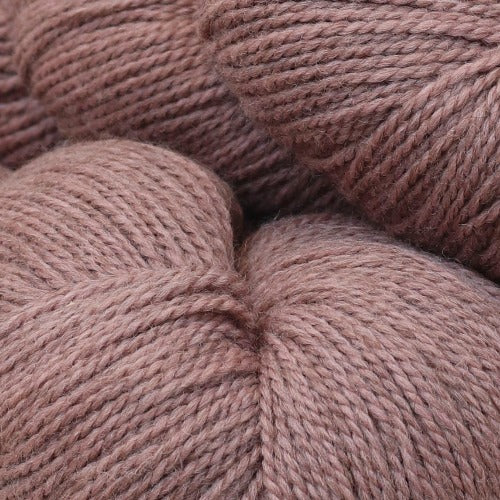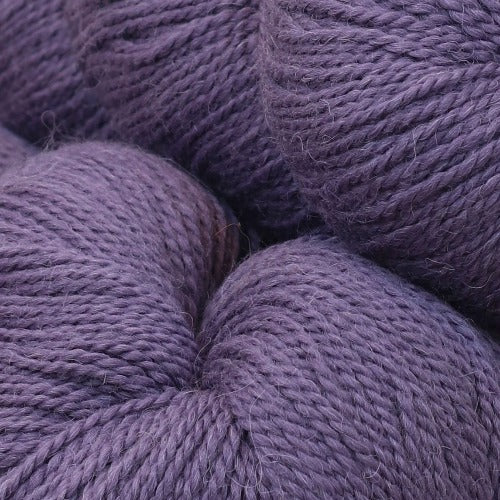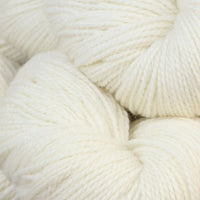
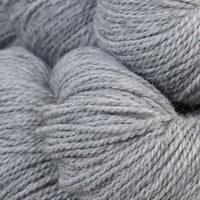
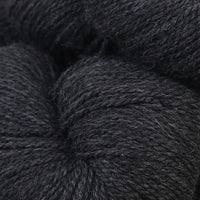
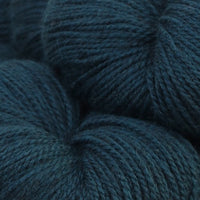
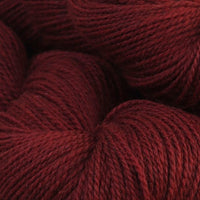
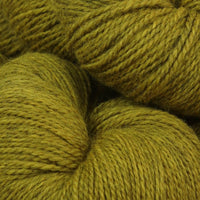
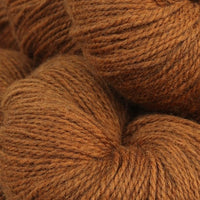
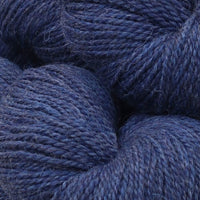
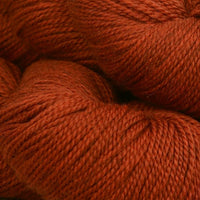
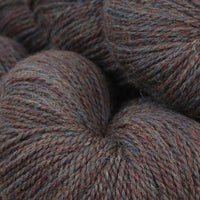
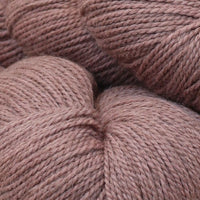
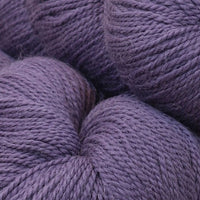
Amble by The Fibre Co.
Yardage: 355 yds (325m) | 100 g
Weight: Fingering
Gauge: 32 sts = 10cm with 2.5mm needle
Fibre Content: 70% Easy-wash Merino Wool, 20% Alpaca, 10% Recycled Nylon
Put Up: Skein - wind into a ball prior to use
Garment Care: Machine or hand wash gentle cycle, lay flat to dry
Made in Peru
What does Easy-wash mean and why do we use it?
Easy-wash is a trademarked name that refers to a process used to make the wool and alpaca fibres in Amble machine washable without shrinking. The Easy-wash method is chlorine-free and AOX-free, making it the best environmental choice for producing machine washable wool. The wool and alpaca fibres are treated with eco-friendly oxidants to remove the scales that ordinarily cause wool and alpaca to shrink when washed by machine. The oxidants used are sourced in Germany and are certified under the REACH, Oeko-tex and ZDCH (Zero Discharge of Hazardous Chemical) standards. This means that the Easy-wash treatment does not create hazardous chemicals, which is not the case with most machine washable wools in today’s market.
Much of the available machine washable wool yarn is made with a chlorine treatment process that produces high levels of toxic Adsorbable Organohalogens, known as AOX. While yarns produced in this manner are not known to be toxic to the user, AOX used in the treatment end up in wastewater and have a detrimental impact on tributaries, wildlife, and fauna.
What is recycled nylon and why do we use it?
Nylon fibre is not easily biodegradable. However, it has strength qualities that give yarns and the socks made therefrom more durability. The recycled nylon used in our sock yarn Amble comes from leftover industrial waste of processing nylon, thereby diverting waste from landfills, and using fewer production resources like water and fossil fuels than virgin nylon.

